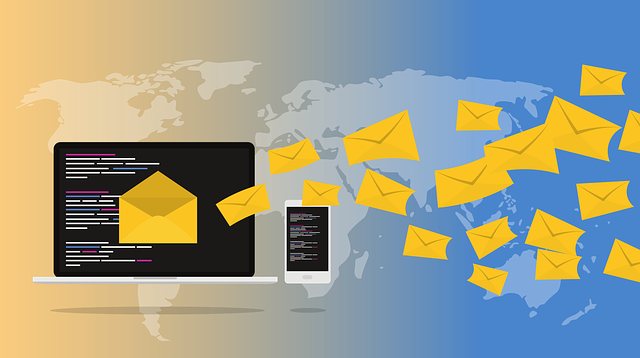AI tokenization is revolutionizing mobile home design by breaking down complex data into smaller units called 'tokens' that represent wall placements, furniture arrangements, and personal preferences. This technology powers risk analysis engines that predict user choices and optimize space allocation. By streamlining floor planning, AI tokenization offers a more intuitive design experience, quick modifications, and reduced errors, enhancing mobile living through effective space utilization. Additionally, AI-driven recommendations anticipate accessibility challenges while ensuring every square foot is utilized efficiently, and advanced risk analysis identifies potential issues early for safer, functional spaces.
“Revolutionize your mobile home design with the power of AI! Discover how AI tokenization is transforming the industry, offering unprecedented creativity and efficiency. Learn about its benefits in creating diverse floor plans tailored to individual preferences.
Delve into the crucial aspect of risk analysis engines, ensuring safe and functional layouts. Explore strategies to navigate potential challenges, enhancing user trust. This comprehensive guide provides a step-by-step approach to integrating AI technology, from software integration to personalized customization. Uncover future prospects, as we envision an expanded AI role in shaping mobile living.”
- AI Tokenization: Transforming Mobile Home Design
- – The role of AI in revolutionizing the mobile home industry
- – Understanding AI tokenization and its benefits for floor plan creation
AI Tokenization: Transforming Mobile Home Design

AI Tokenization is revolutionizing the way we approach mobile home design and floor plan suggestions, offering a level of personalization and efficiency previously unattainable. This cutting-edge technology involves breaking down complex data into smaller, manageable units or ‘tokens’. In the context of mobile homes, these tokens can represent various elements such as wall placements, furniture arrangements, and even personal preferences. By utilizing AI tokenization, design risk analysis engines can be developed to predict user choices and optimize space allocation.
This process allows for a more intuitive and tailored design experience. With each token representing a specific aspect of the home, designers and owners can make informed decisions about layout, ensuring every square meter is utilized effectively. Moreover, AI tokenization facilitates quick modifications, enabling users to explore numerous design iterations in a short time. This streamlines the floor planning process, reduces potential errors, and ultimately contributes to a seamless and satisfying mobile living experience.
– The role of AI in revolutionizing the mobile home industry

In today’s digital era, Artificial Intelligence (AI) is revolutionizing various industries, and the mobile home sector is no exception. AI tokenization and risk analysis engines are transforming how floor plans are designed and suggested for these portable abodes. By leveraging machine learning algorithms, these technologies can analyze vast amounts of data, understand user preferences, and offer personalized, optimized layouts in minutes. This not only enhances efficiency but also caters to individual needs, making mobile homes more adaptable and appealing.
Furthermore, AI-driven recommendations can anticipate challenges related to space optimization and accessibility, ensuring that each square foot is utilized effectively. Through advanced risk analysis, potential issues can be identified early on, from structural integrity to utility connectivity, allowing manufacturers and homeowners to make informed decisions and create safer, more functional living spaces.
– Understanding AI tokenization and its benefits for floor plan creation

AI tokenization is a powerful technique that enhances floor plan creation for mobile homes. By breaking down complex spatial data into manageable tokens, AI algorithms can analyze and generate floor plans with remarkable efficiency. Each token represents a specific element or feature, such as walls, doors, windows, or furniture arrangements, enabling the AI risk analysis engines to understand and interpret space configurations. This process allows for dynamic and customizable floor plan suggestions tailored to individual preferences and needs.
Tokenization offers numerous advantages, including faster design iterations, improved accuracy in spatial representation, and enhanced creativity. With AI-driven tokenization, users can explore various layout options quickly, ensuring optimal space utilization while minimizing the risk of errors in manual planning. This innovative approach paves the way for more accessible and personalized home design experiences, catering to the diverse needs of modern homeowners.
AI tokenization is poised to revolutionize the mobile home industry, offering unprecedented efficiency in floor plan creation. By leveraging sophisticated AI risk analysis engines, designers can streamline processes, enhance creativity, and cater to diverse customer preferences. This technology not only simplifies layout suggestions but also minimizes potential risks, ensuring every mobile home design is a practical and appealing testament to human-AI collaboration.
